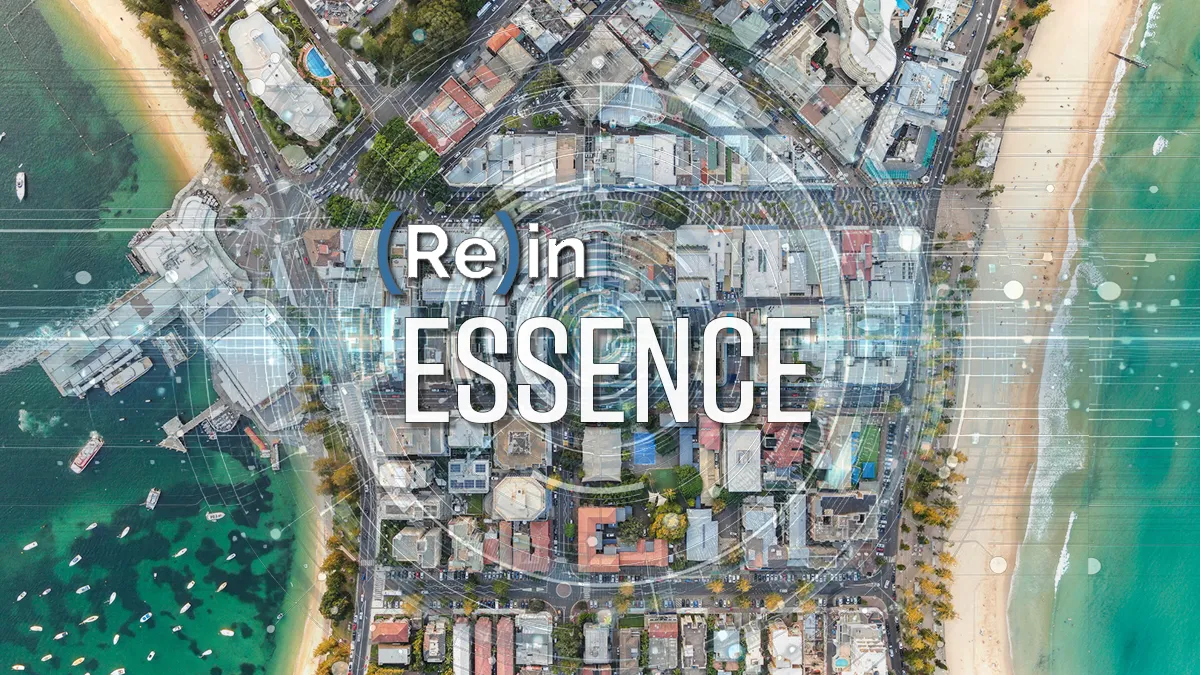edition
• AI is predicted to add up to $4.4trn to global GDP growth annually as it gets embedded into a broader range of sectors.
• The wider use of AI in industries such as pharma, healthcare, and financial services could create a ‘silent’ cyber risk within insurer’s general portfolios according to the Swiss Re Institute.
• The tech also offers insurers the opportunity to provide new business lines with carriers already providing policies to cover the underperformance of algorithmic models.
• AI-linked attacks currently make up a small portion of total cybercrime but the SRI report warned that in the future the technology could result in major loss incidents for insurers.
• IRDAI issued a general insurance master circular on 11 June 2024, repealing 13 previous circulars.
• Among changes, insurers cannot reject claims due to lack of documents; necessary documents must be requested at underwriting.
• Insureds can now choose policy durations of less than or more than 12 months.
• Insurers can cancel policies only for established fraud with seven days’ notice; retail customers can cancel anytime with a proportionate premium refund.
• Motor insurance reforms include a seven-day claim settlement process and mandatory “Pay as you drive” and “Pay as you go” options.
• South Korean insurers are covering damage from North Korean trash-filled balloons, which have caused instance of motor vehicle damage.
• Despite standard policy terms excluding acts of war or foreign provocations, insurers are paying claims due to the unusual circumstances, treating the balloons as “falling objects.”
• A parametric microinsurance product for heatwaves in India paid out US$341,553 to 46,242 low-income women in May 2024.
• The Women’s Climate Shock Insurance and Livelihoods Initiative (WCS) was designed by Climate Resilience for All and SEWA, underwritten by ICICI Lombard, and reinsured by Swiss Re.
• The WCS product aims to expand to other regions in India, East, and West Africa to help women adapt to climate change and sustain their livelihoods.
• MAS and BIS announced Project Viridis to integrate regulatory and climate data for managing climate risks.
• The project aims to use natural language processing to merge regulatory data with climate data from corporate disclosures.
• The blueprint outlines features like financed emissions and risk exposure to help authorities assess financial institutions' climate risk exposures.
• Severe storms in south-east Queensland caused insured damages exceeding AU$1.2bn (US$800m) with over 97,000 claims lodged.
• The ICA declared the event an ‘insurance catastrophe’ and has been aiding affected residents since the storms.
• Community consultations will be held in Jimboomba, Upper Coomera, and Tamborine between 18 and 20 June to support impacted customers.
• Singapore Airlines has offered US$10,000 to passengers with minor injuries and US$25,000 advance payments to those with serious injuries from turbulence on flight SQ321, which caused dozens of injuries and one death.
• The incident occurred on 20 May over Myanmar, leading to the flight being diverted to Bangkok where several passengers were hospitalised.
• The Montreal Convention may allow claims up to US$175,000 without contest, and further compensation will depend on the airline proving necessary safety measures were taken.
• AM Best withdrew Accuro's ratings as it no longer operates as an insurer.
• Accuro transferred its insurance portfolio to UniMed on 31 May 2024, after which the Reserve Bank of New Zealand cancelled Accuro’s insurance license.
























